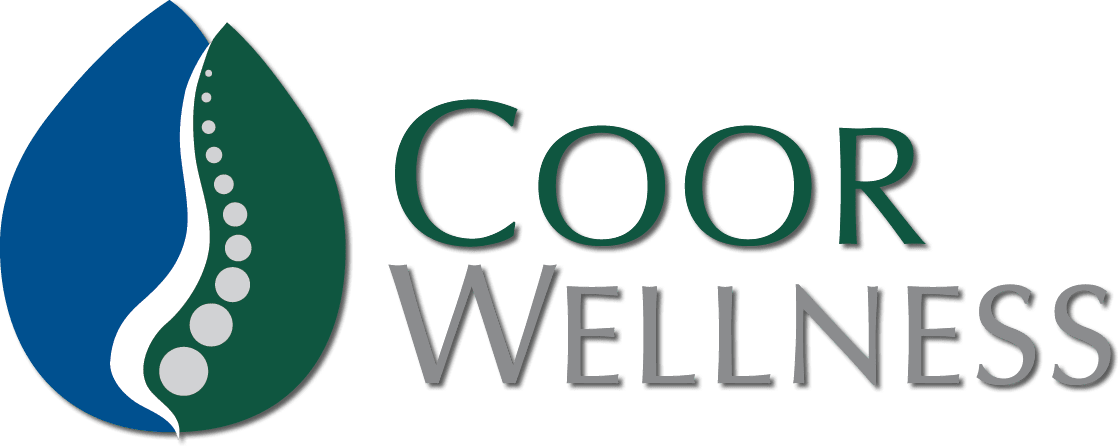Registered Dietitians versus Nutritionists and Exercise Professionals
Where should we draw the line when seeking advice from health care professionals? There are different scopes of practice that need to be considered. There are legal implications when exercise professionals give nutrition recommendations and when registered dietitians (RDs) give exercise advice. Having clear guidelines helps professionals and patients know the boundaries so there is no potential for legal liability.
It is important to understand the different levels and credentials of nutrition professionals. One of the highest ranking professionals in nutrition is the Registered Dietitian (RD). The RD has a bachelor’s degree plus 1,200 hours of supervised practice experience. RDs maintain their credential through the Academy of Nutrition and Dietetics. Once credentialed, an RD needs to complete a developmental portfolio every 5 years.
While an RD is well trained in diet and nutrition they’re not necessarily qualified for detailed fitness assessment and exercise prescription (unless they have additional exercise training). Working with an RD is recommended if you have a chronic medical condition or are on a lot of prescription medications.
What about Nutrition Coaches?
The Nutritionist or Nutrition Coach’s formal nutrition training is highly variable. Therefor, we strongly advise you to ask a nutritionist or nutrition coach about their credentials before you begin a program with them. There are many great nutrition certification programs out there. Precision Nutrition, which is used at COOR Wellness, is one of the most respected programs available.
Precision Nutrition is evidence based and it’s director has a doctorate in sports nutrition physiology. Nutritionists and nutrition coaches have less regulation in their profession and should be using evidence based guidelines in practice. If you choose to work with a nutritionist or nutrition coach we recommend you speak with your doctor too. At COOR Wellness the nutrition coaching is coordinated with the doctor, who has formal training in clinical nutrition.
Exercise professionals have no nutrition education requirements but some have a little formal training in nutrition. Some exercise professionals may have taken a couple of nutrition courses, but this doesn’t allow them to perform individualized nutritional assessments or counseling. Their nutritional training can be used for sharing general nutrition guidelines but for further management clients need to be referred to an RD.
It’s also critical to understand the laws of the states where you live to receive consultation on health and wellness. True exercise professionals are aware and understand their scope of practices based on their credentials. These credentials are based on their education, experience and certifications.
How can professionals work together so our clients reach their goals?
How does this affect you? Depending on your goals, you may seek advice from a fitness professionals or movement specialists. If you’re looking to reach new health goals you can meet with one of our health coaches. Or you may meet with a Registered Dietitian to assist you on your nutrition for performance. Their professional advice can be integrated into a daily routine for maximum health and fitness.
I see a lack of interaction, cooperation, and regular communication between RDs and exercise professionals. But when different professionals work together, we get a better understanding of their professional capacity and how everyone’s strengths can benefit an individual and the community. The health professionals at COOR Wellness place a high emphasis on a coordinated collaborative health care model.
The American College of Sports Medicine (ACSM) is working towards new educational approaches for exercise and nutrition professionals to thrive together. Because of this, the language, scope of practice, and skills from others will contribute to the goals of the individual client. RDs will learn more about exercise training and physical activity, whereas exercise professionals will receive basic training in nutrition. This creates a relationship that will be beneficial to both parties in the long run.
What’s Next?
This scope of practice information about registered dietitians, nutrition coaches and exercise professionals is important for clients to understand. It’s also beneficial to know the legal implications for the protection of the client and professional. To learn more about the areas of practice for certified professionals, check out these websites:
If you’re interested in learning more about Nutrition Coaching at COOR Wellness, please call 970-712-6059 to let us know. The program will be going on pre-sale for 43% off for a limited number of people. The pre-sale discount will end May 27th, 2017.
W ritten by guest author Brooke Asmussen, COOR Wellness Exercise Science Intern – Spring 2017. Brooke is a motivated senior at Colorado Mesa University where she plans to use her exercise science and Crossfit coaching education to help athletes recover from injury as future physical therapist. She has a strong interest in nutrition and applies her knowledge to strengthen herself and her fitness clients. She used a recent article published by the American College of Sports Medicine to guide her writing this article.
ritten by guest author Brooke Asmussen, COOR Wellness Exercise Science Intern – Spring 2017. Brooke is a motivated senior at Colorado Mesa University where she plans to use her exercise science and Crossfit coaching education to help athletes recover from injury as future physical therapist. She has a strong interest in nutrition and applies her knowledge to strengthen herself and her fitness clients. She used a recent article published by the American College of Sports Medicine to guide her writing this article.

